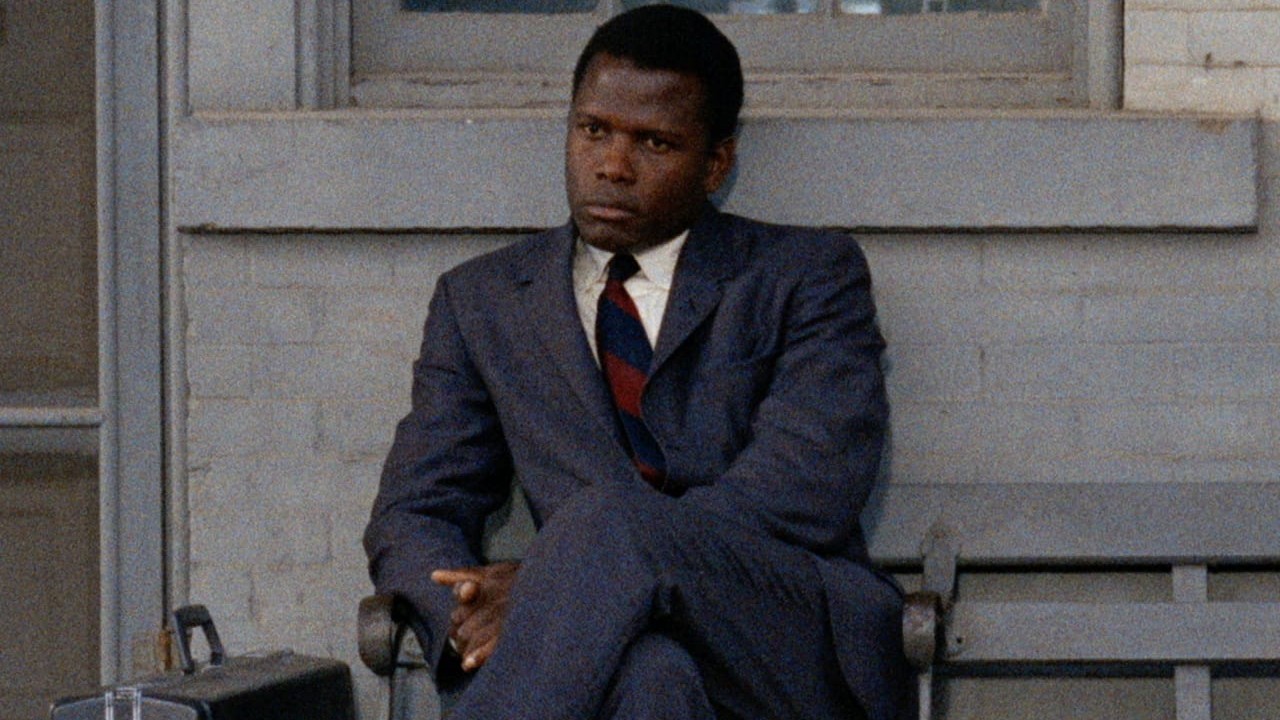
In the late 1980s and early 1990s, Black filmmakers and performers finally received the long-overdue recognition for their exceptional work that had gone unacknowledged for many years. Filmmakers like Spike Lee and John Singleton gained prominence with movies featuring predominantly Black casts, but it’s important to note that African American actors had been excelling in Hollywood for decades prior. Here is a retrospective of timeless films showcasing remarkable performances by Black actors.

Guess Who’s Coming To Dinner (1967)
It’s astonishing to think that interracial marriage was once illegal in numerous U.S. states, but this changed with a significant Supreme Court decision in 1967, known as Loving V. Virginia. Interestingly enough, only six months later, the film Guess Who’s Coming To Dinner hit the screens, featuring an illustrious cast led by Sidney Poitier as a Black man intending to marry a white woman portrayed by Katharine Houghton. In this movie, her character introduces her future husband to her parents, who are played by the legendary Spencer Tracy and Katharine Hepburn.
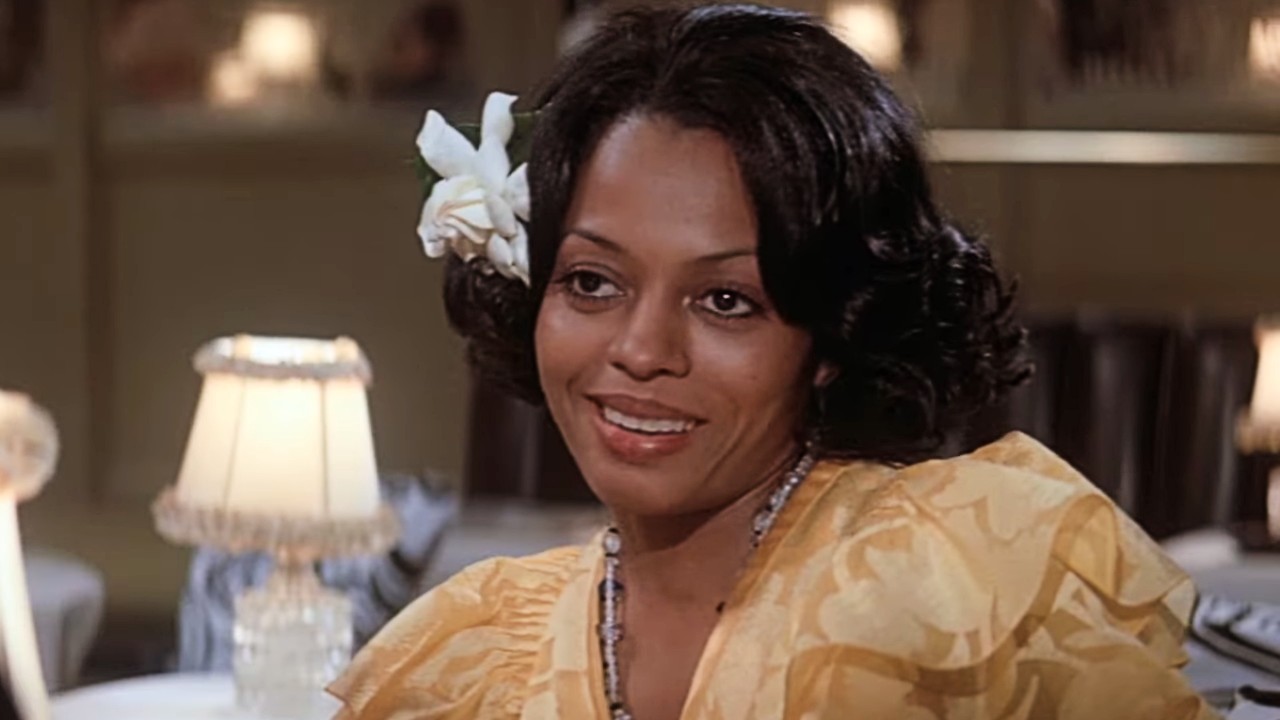
Lady Sings the Blues (1972)
In the realm of American music legends of the last century, none can compare to Billie Holiday and Diana Ross. Though they never shared a stage together during their lifetimes, their paths crossed in an extraordinary way. Diana brought Billie’s story to life on the screen when she portrayed her in “Lady Sings the Blues” (1972), delivering a performance that truly captivated me. And later, Billie’s life was immortalized once more through “The United States vs. Billie Holiday.
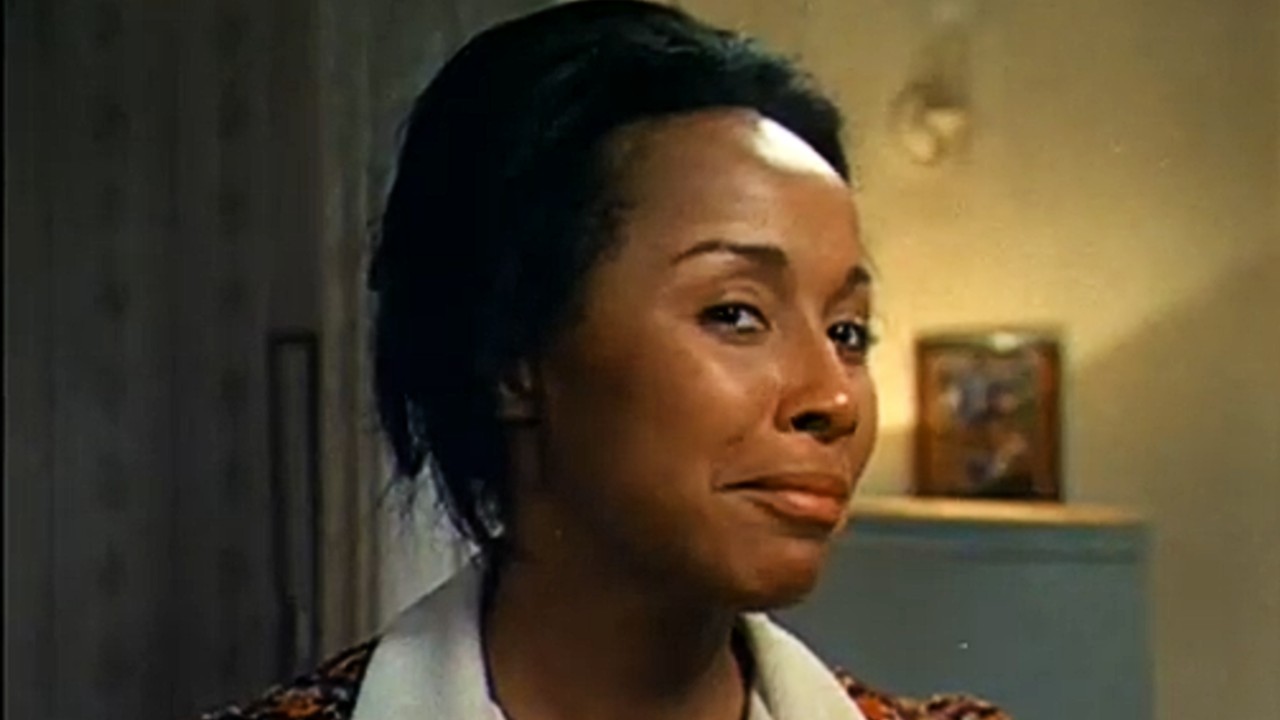
Claudine (1974)
In the film “Claudine,” during the Blaxploitation period, both Diahann Carroll and James Earl Jones delivered exceptional performances in a unique Black romantic movie. Notably, Diahann Carroll was recognized with an Oscar nomination, while both actors received Golden Globe nods as well.
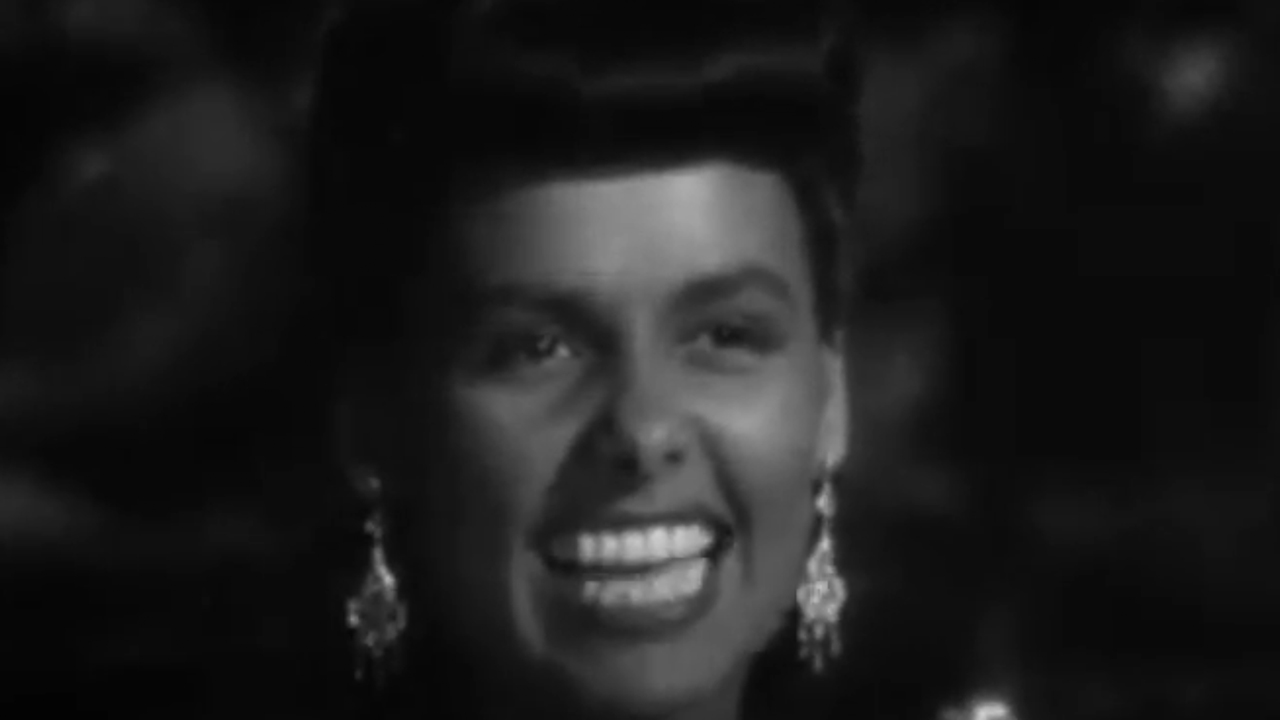
Cabin In the Sky (1943)
In the 1940s, it was uncommon for big studio films to feature an all-Black cast, but the film “Cabin In The Sky” is a notable exception. Featuring stars like Lena Horne, Eddie “Rochester” Anderson, and Ethel Waters, it’s a delightful, timeless musical produced by MGM during the golden age of musical films. If you’re fond of classic musicals and haven’t seen it yet, this is definitely worth watching.
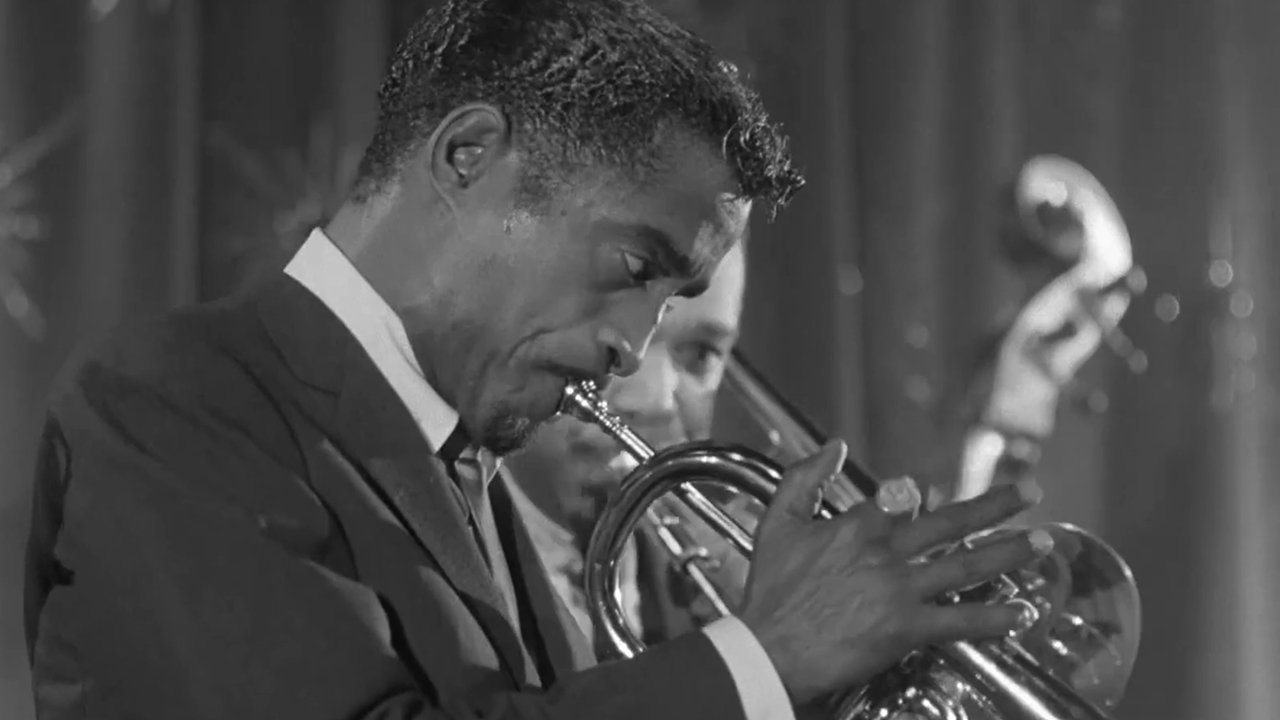
A Man Called Adam (1966)
Without a doubt, Sammy Davis, Jr. was among the most prominent African-American celebrities during Mid-Century America. He graced various films with his versatile talents, often portraying both a singer and dancer, and even taking on roles like the musician character in A Man Called Adam. This classic film might catch you off guard with its bold approach to themes such as racism and alcoholism, topics it fearlessly tackles.
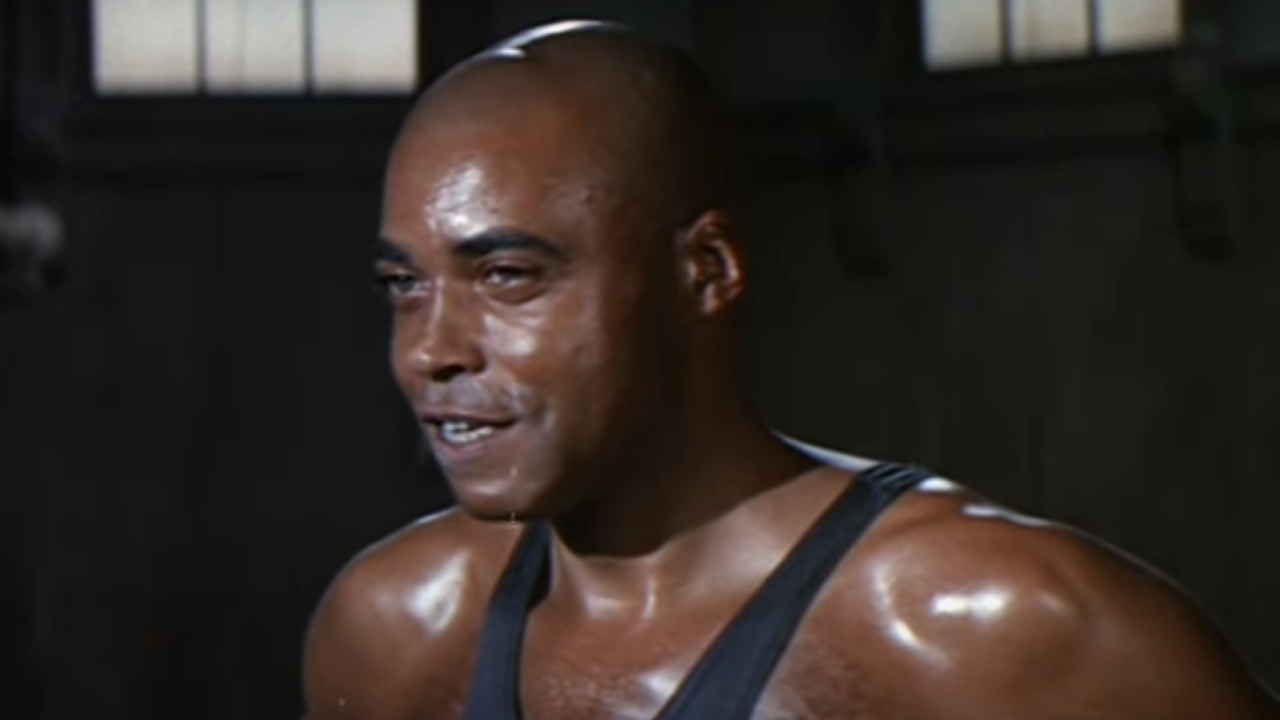
The Great White Hope (1970)
Remarkably, James Earl Jones, who sadly passed away in 2024, was only nominated for an Oscar just once throughout his illustrious career. This nomination arrived for his performance in the 1970 film “The Great White Hope“, where he portrayed a boxer named Jack Jefferson, a character inspired by the legendary heavyweight boxer Jack Johnson. Notably, this role was one of Jones’ most exceptional performances, having originated it on Broadway in a play with the same title, for which he did win a Tony Award.
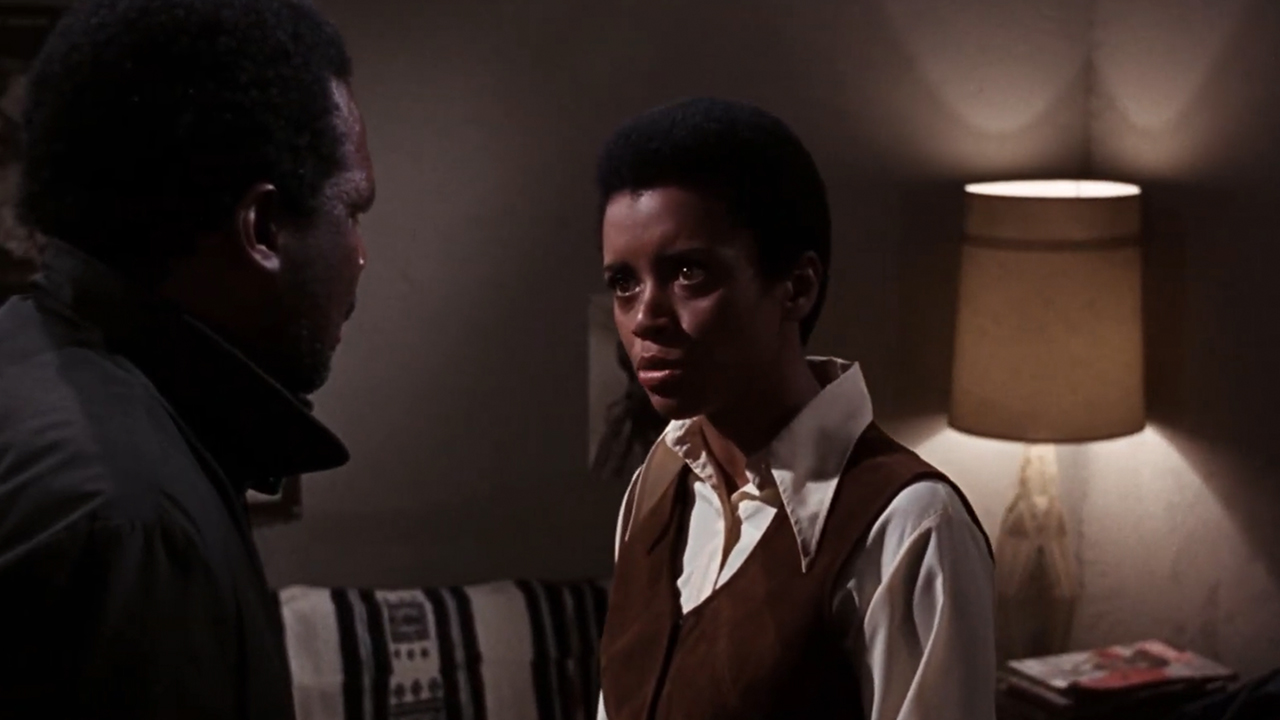
Uptight (1968)
1968’s “Uptight” was unveiled merely seven months subsequent to Martin Luther King Jr.’s assassination, offering an up-close portrayal of the societal struggles and the Civil Rights movement. This bold movie comes from the visionary director Jules Dassin, who once faced blacklisting, and stars Raymond St. Jacques and Ruby Dee.
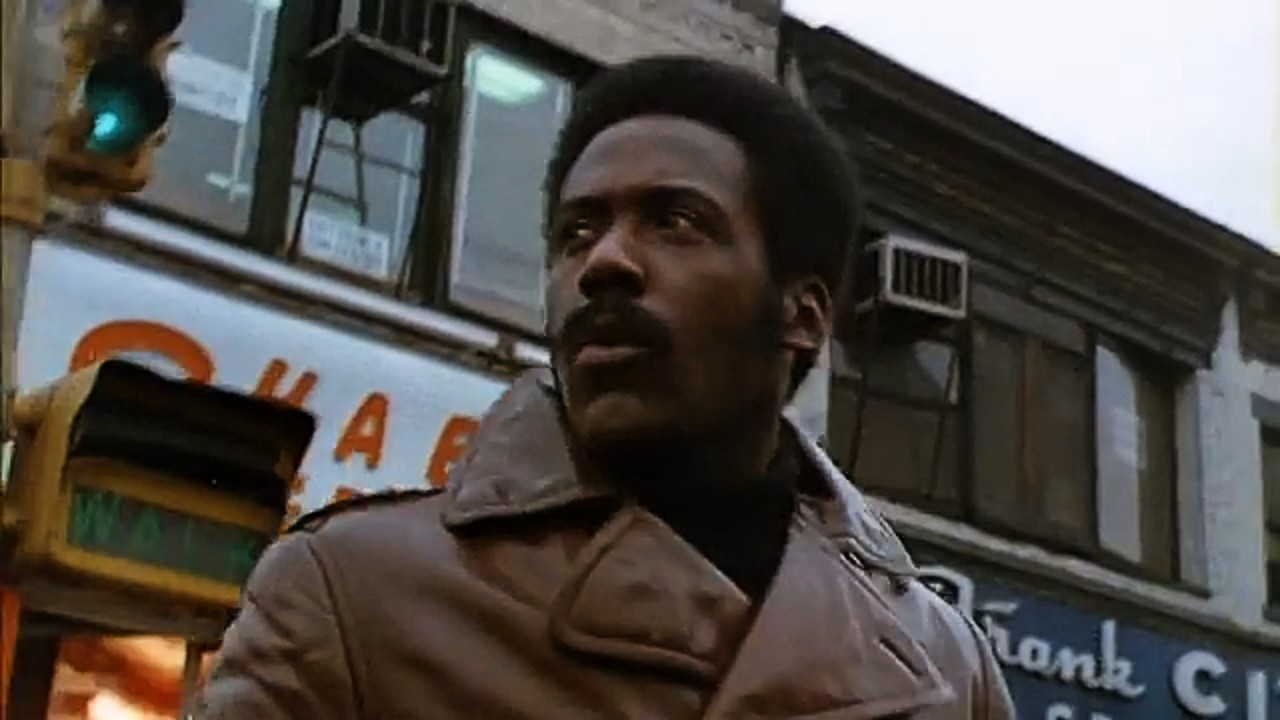
Shaft (1971)
It was essential to add “Shaft” to our list. This film, spearheaded by Richard Roundtree, set a precedent as the “first Black action hero” and featured an iconic soundtrack by Isaac Hayes. It’s truly timeless, with Hayes earning an Oscar for Best Song, making him the first African-American to achieve this feat. The movie revolutionized the perception of Black cinema.
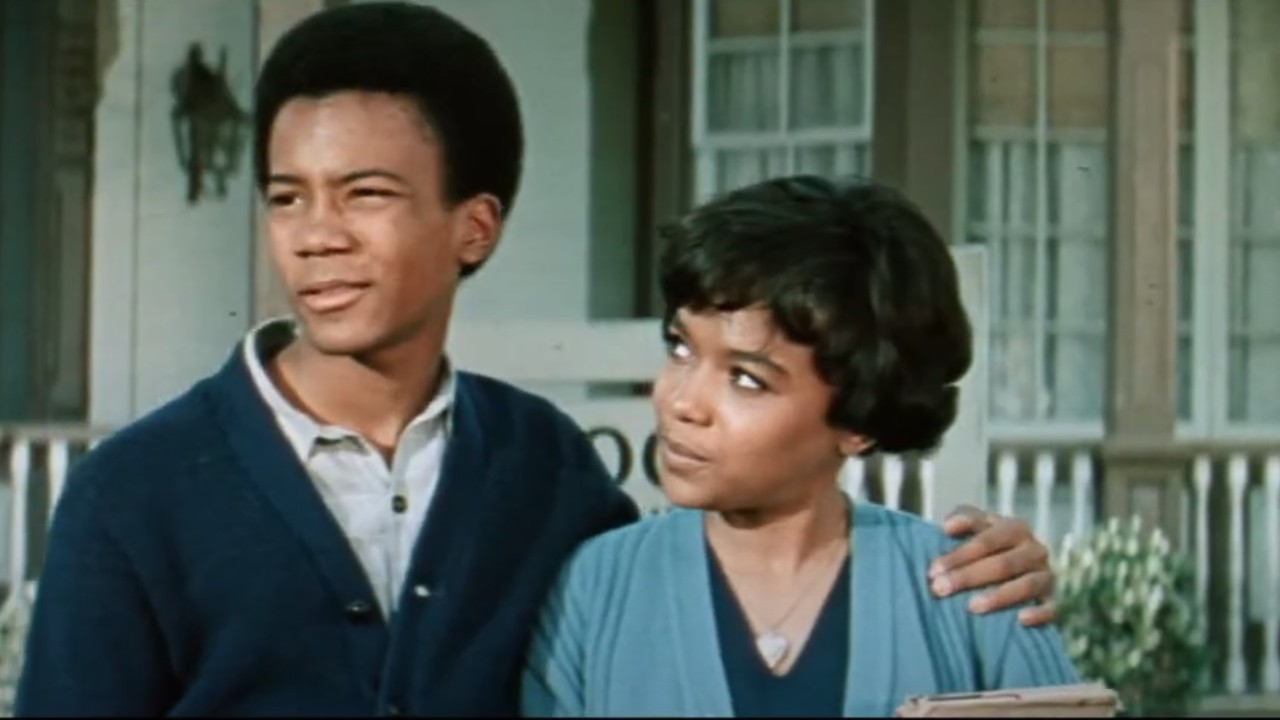
The Learning Tree (1969)
1969’s “The Learning Tree” stands as one of the most impactful films in American cinematic history. This isn’t just an outstanding, individual piece of artistry, but its creator, Gordon Parks, made history by being the first African-American director to helm a major studio film. His groundbreaking work paved the way for future visionaries like Spike Lee, John Singleton, and Ryan Coogler in the industry.
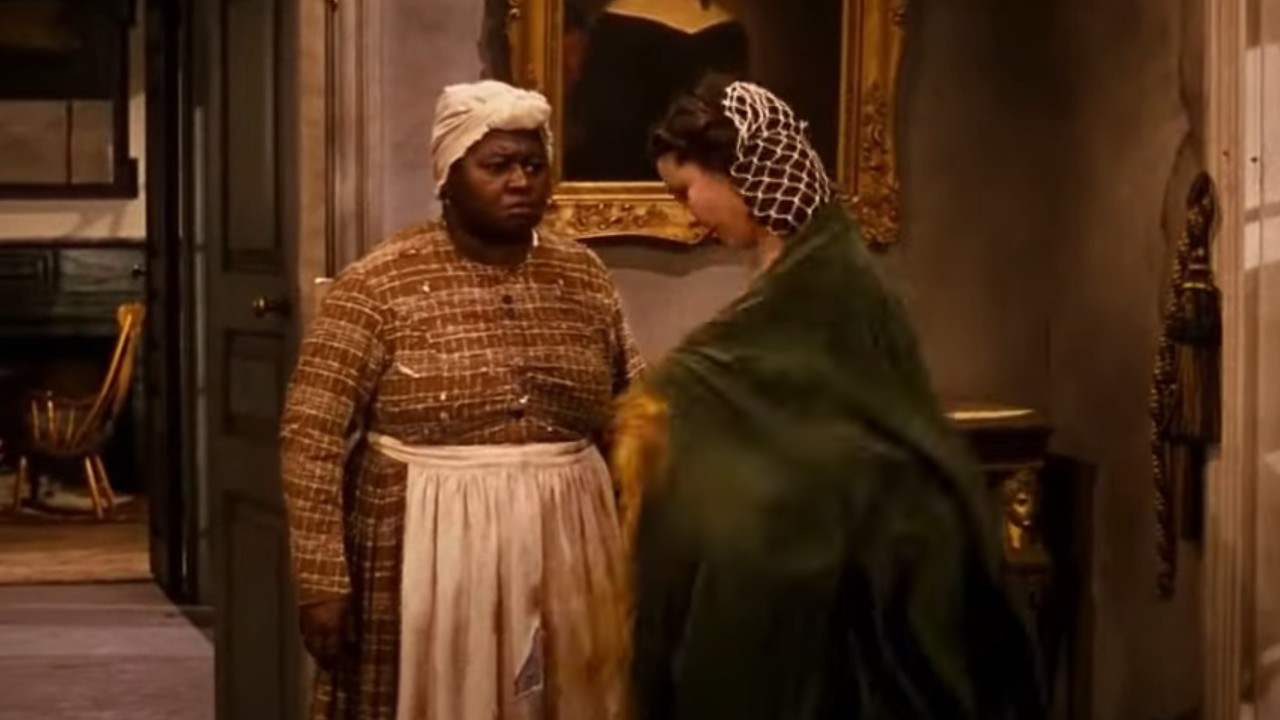
Gone With The Wind (1939)
It’s important to acknowledge that including “Gone With the Wind” on this list presents certain challenges, given its contentious aspects. The film is undeniably a cinematic masterpiece, but it has sparked much debate due to its problematic portrayals. One of the most controversial elements is Hattie McDaniel’s character, “Mammy.” However, it’s crucial to note that McDaniel made history by becoming the first African American to win an Oscar for her role.
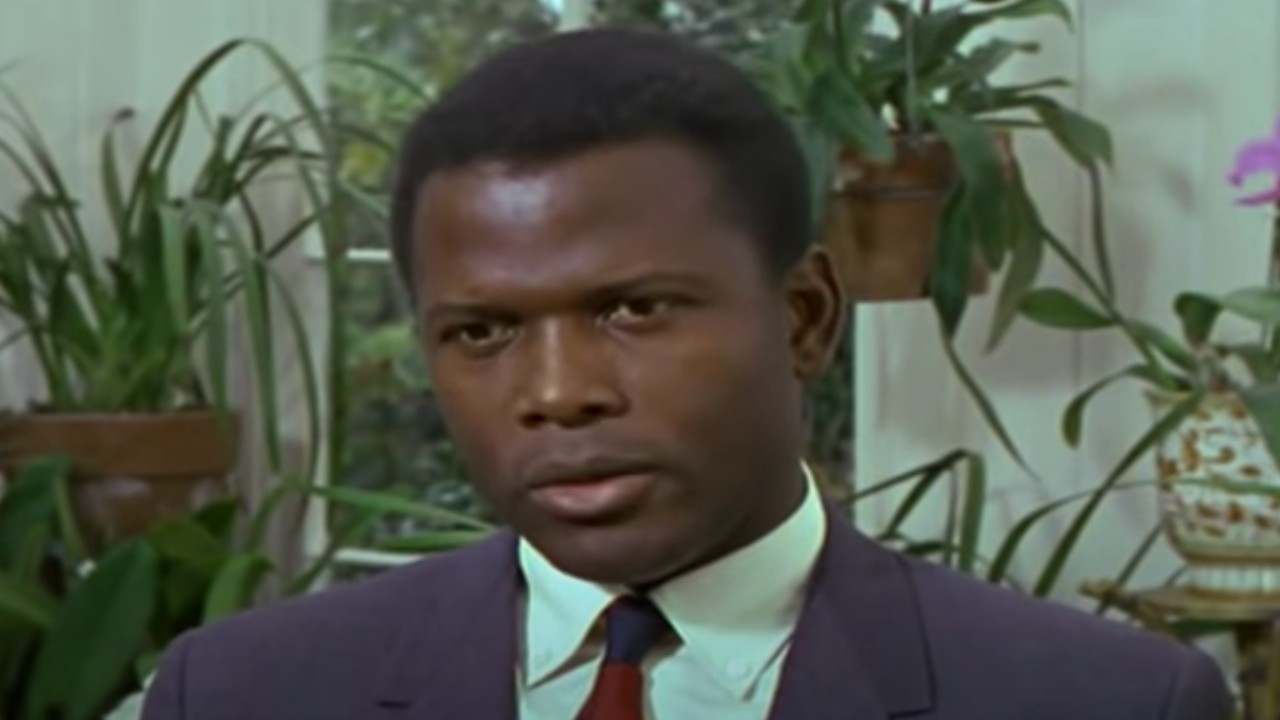
In The Heat Of The Night (1967)
In 1967, I found myself in one of Sidney Poitier’s most remarkable roles with “In The Heat of the Night.” This film was undeniably significant during the 1960s, earning seven Oscar nominations and taking home five awards, including Best Picture. Its score, penned by the late Quincy Jones, was equally admired, even winning a Grammy. The film’s success spawned multiple sequels and a television series in the late ’80s.
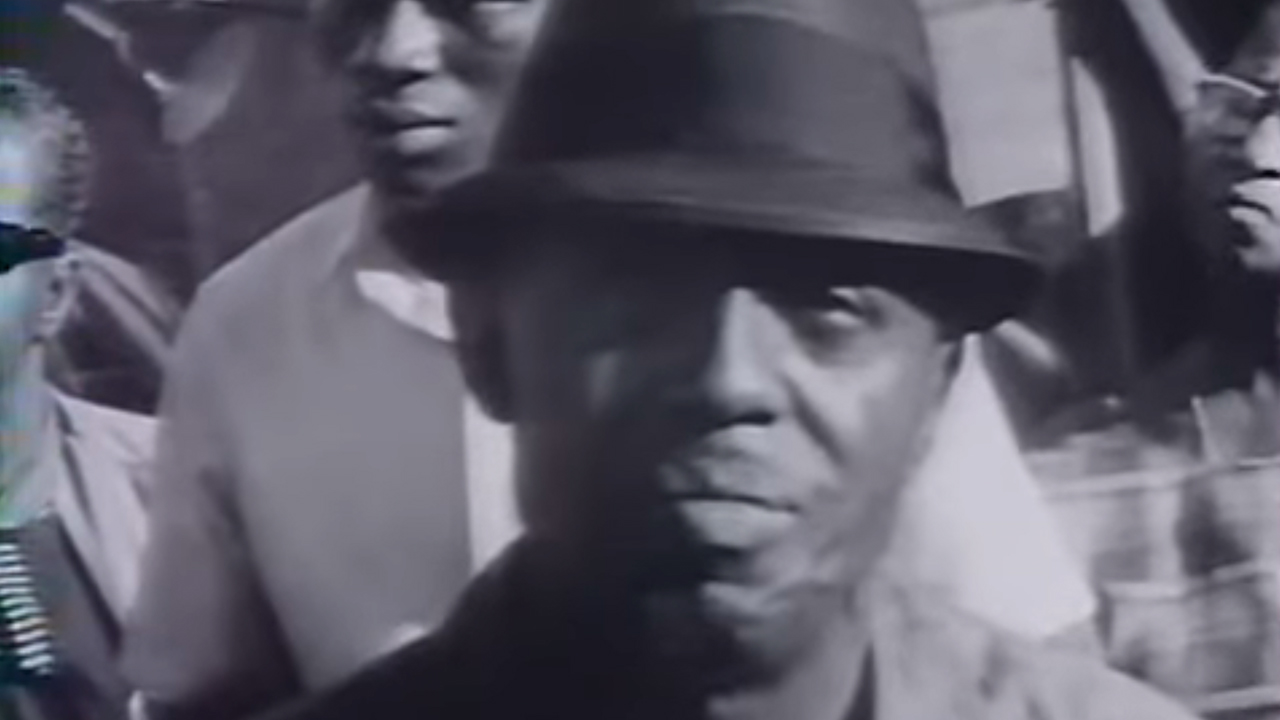
The Cool World (1964)
1964’s “The Cool World” feels like a precursor to ’90s movies such as “Kids.” As a fan, I can say it’s a raw portrayal of the streets of Harlem during the early 60s, capturing both the hope and the harsh realities that defined that era.
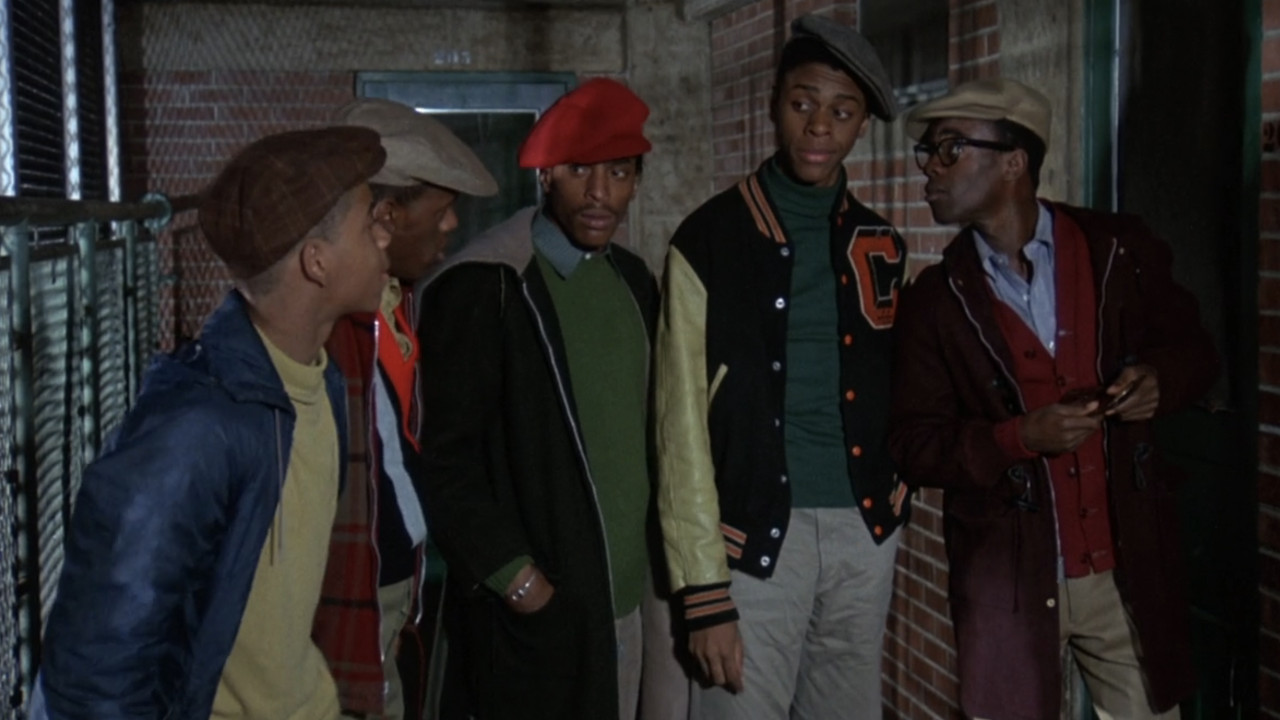
Cooley High (1975)
Cooley High” is often hailed as a groundbreaking film in African American cinema, and there’s no question why. Unlike many films of its time, it tells a deeply personal story, eschewing the more exaggerated themes that were common during that period.
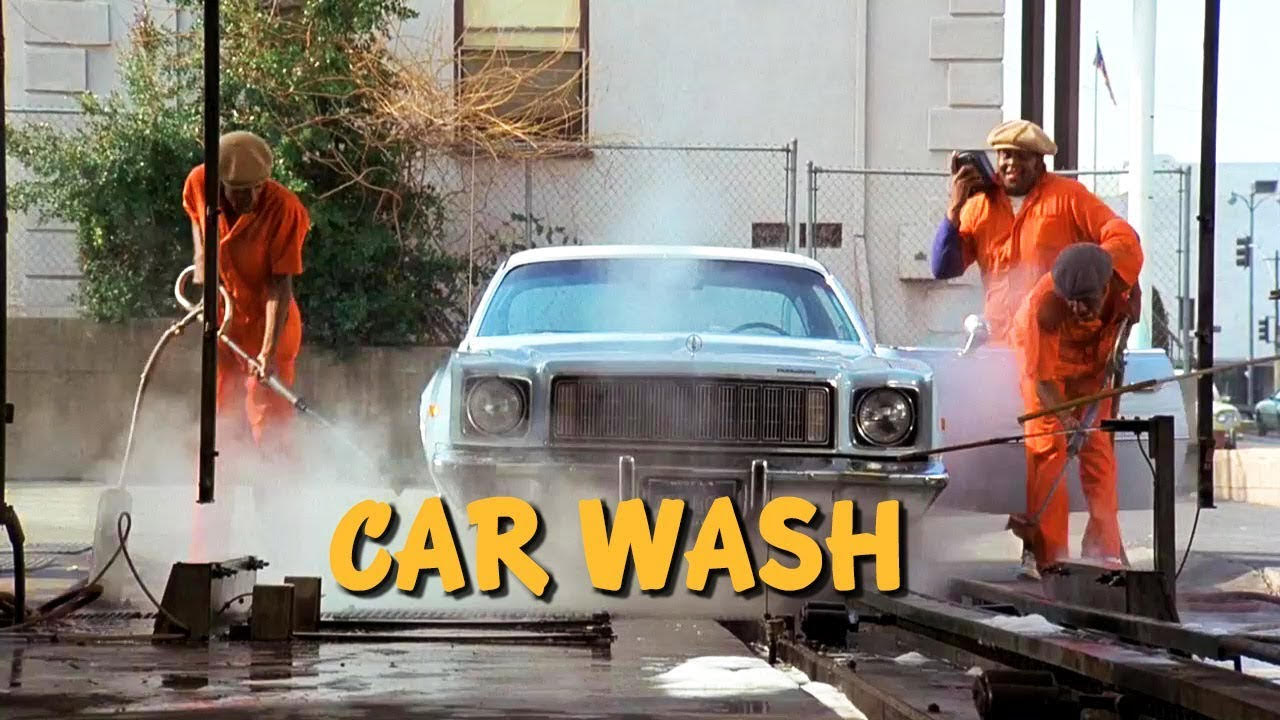
Car Wash (1976)
Just like several comedies throughout his career, Car Wash didn’t truly shine until it became a cult favorite long after its initial premiere. In this film, you’ll find Franklyn Ajaye along with an ensemble of rising talents, such as Richard Pryor, Garrett Morris, George Carlin, Danny DeVito, Bill Duke, and Antonio Fargas. The Pointer Sisters also make a special appearance in the movie.
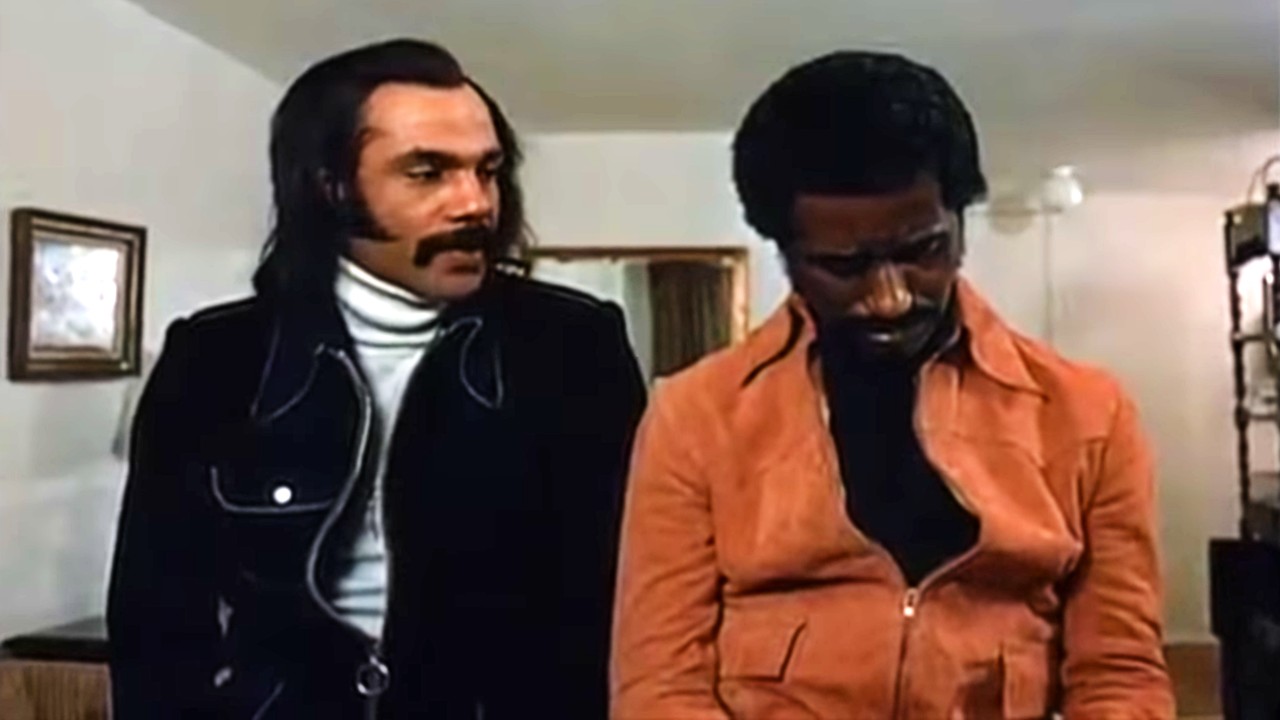
Super Fly (1972)
As a follower, I can attest that Youngblood Priest, portrayed by Ron O’Neal, is among the unforgettable characters gracing the screens of ’70s cinema. Not only does Super Fly boast one of the all-time best soundtracks, masterfully crafted by Curtis Mayfield, but it also stands out as a Blaxploitation film that has remained relevant and compelling over the decades. It’s still one of the most captivating films to emerge from that era.
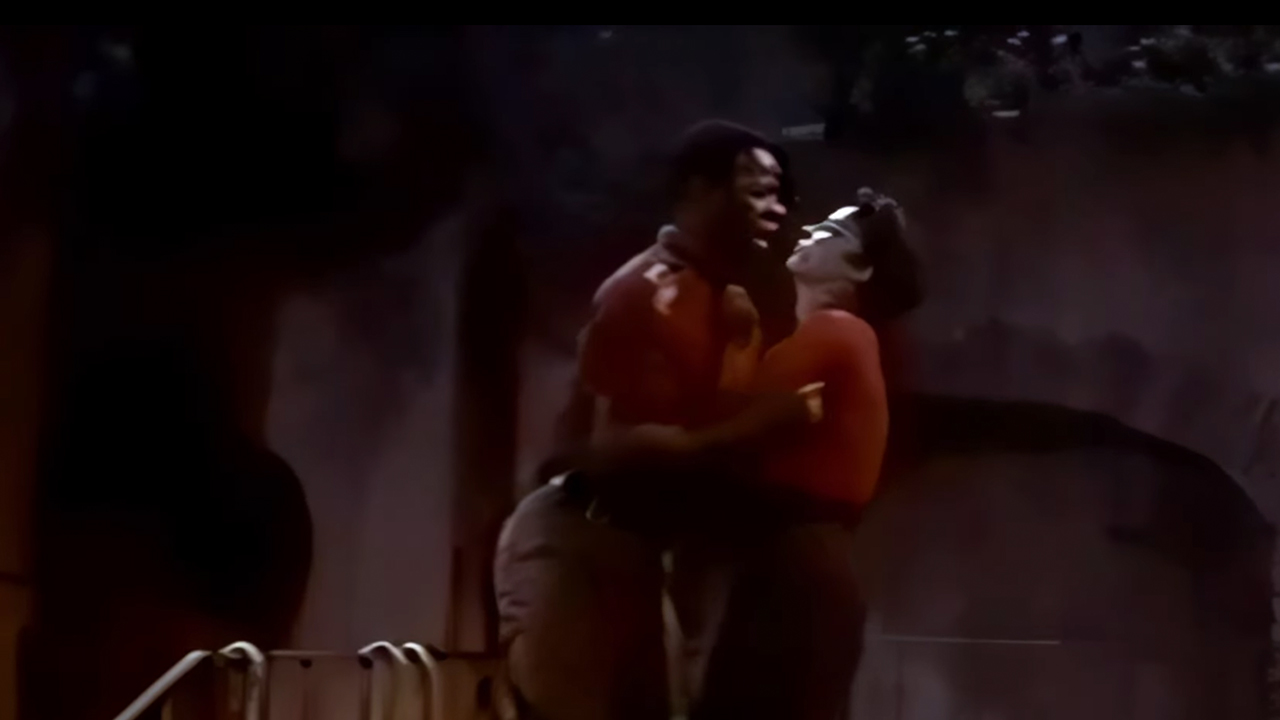
Porgy And Bess (1959)
In the timeless musical “Porgy and Bess,” Sidney Poitier and Dorothy Dandridge take on the lead roles. The supporting cast is equally impressive, featuring Sammy Davis, Jr., and Diahann Carroll. Opera star Robert McFerrin, who happens to be Bobby McFerrin’s father, stood in for Sidney Poitier’s singing role, making it clear that there’s an abundance of talent throughout the production.
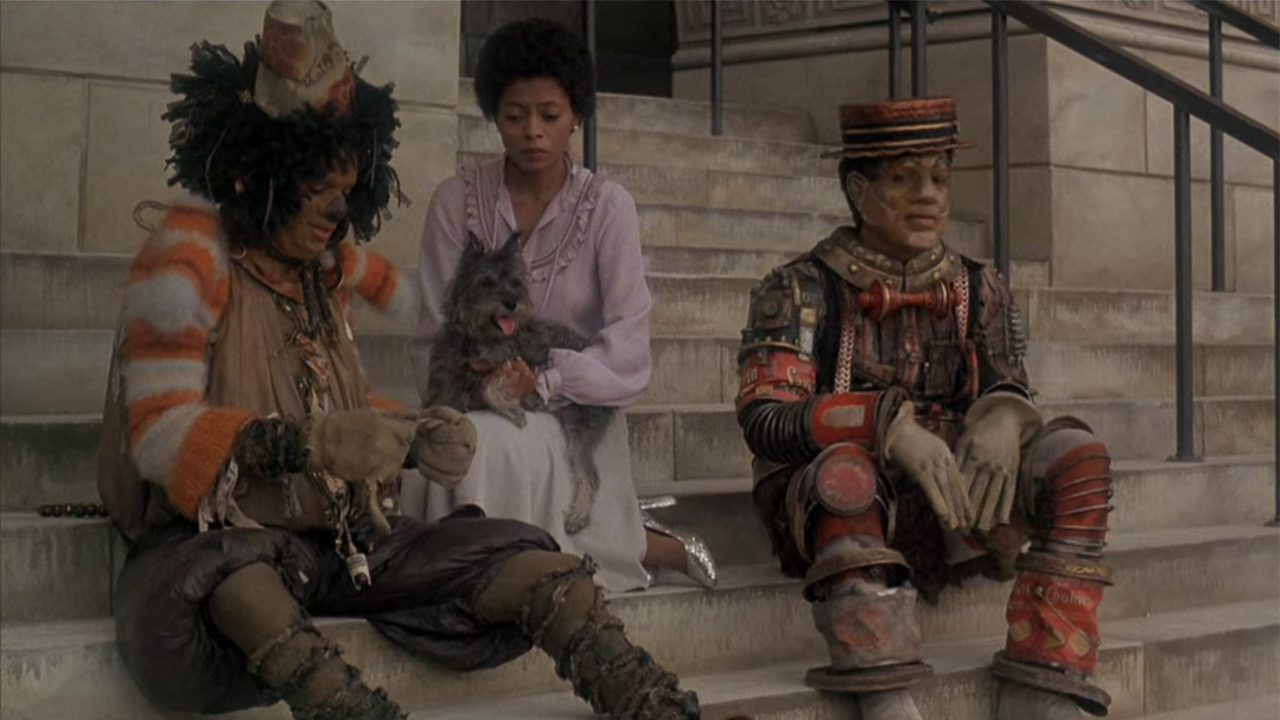
The Wiz (1978)
As a cinephile, I must say that the latest flick on this list, “The Wiz,” seems to be a swan song for an epoch. It’s not quite an ’80s movie, but it’s close, in terms of both style and timing. Now, this movie isn’t without its flaws, but its charm is so infectious that you can’t help but be captivated while watching it. Michael Jackson delivers a stellar performance, and despite some criticism about Diana Ross being too old to play Dorothy, she truly shines in the role.
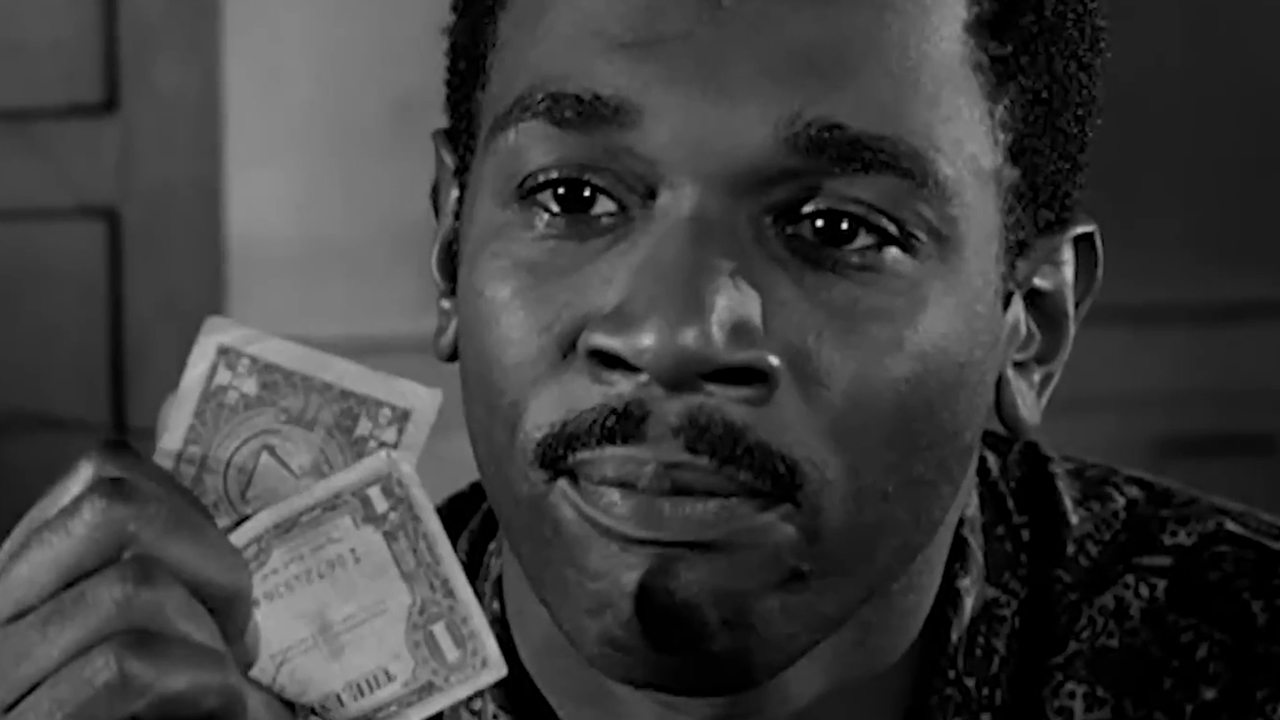
Nothing But A Man (1964)
In a straightforward and engaging manner: “Nothing But A Man” is another courageous independent film from the 1960s, unafraid to portray reality for African Americans during the peak of the Civil Rights era, when violence was a common occurrence, particularly in the Southern states. The lead actor, Ivan Dixon, best recognized as Kinchloe in “Hogan’s Heroes,” was an active participant in the Civil Rights movement, and it’s evident how significant films like this were to him.
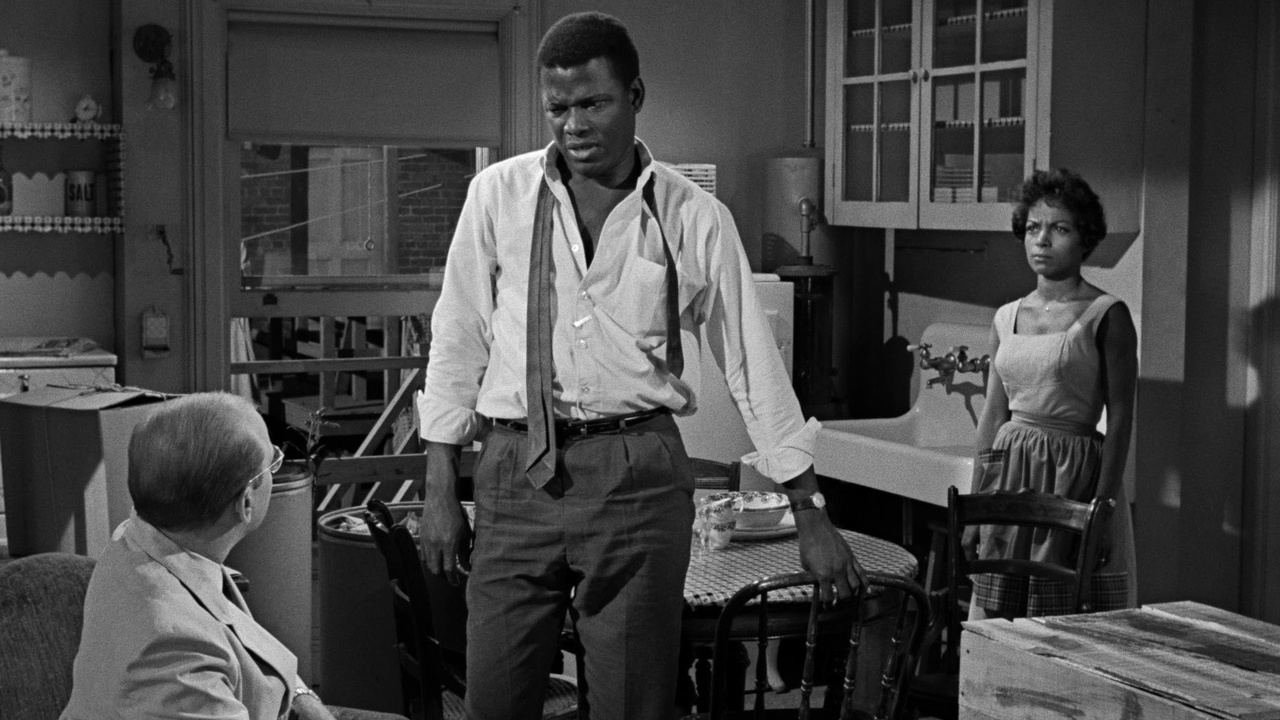
A Raisin in the Sun (1961)
1) One of the greatest plays of the 20th Century is “A Raisin in the Sun,” and its film adaptation showcases remarkable acting by the entire cast, particularly Sidney Poitier as Walter Lee and Claudia McNeil as Lena. Notably, McNeil received a Golden Globe nomination for her outstanding performance.
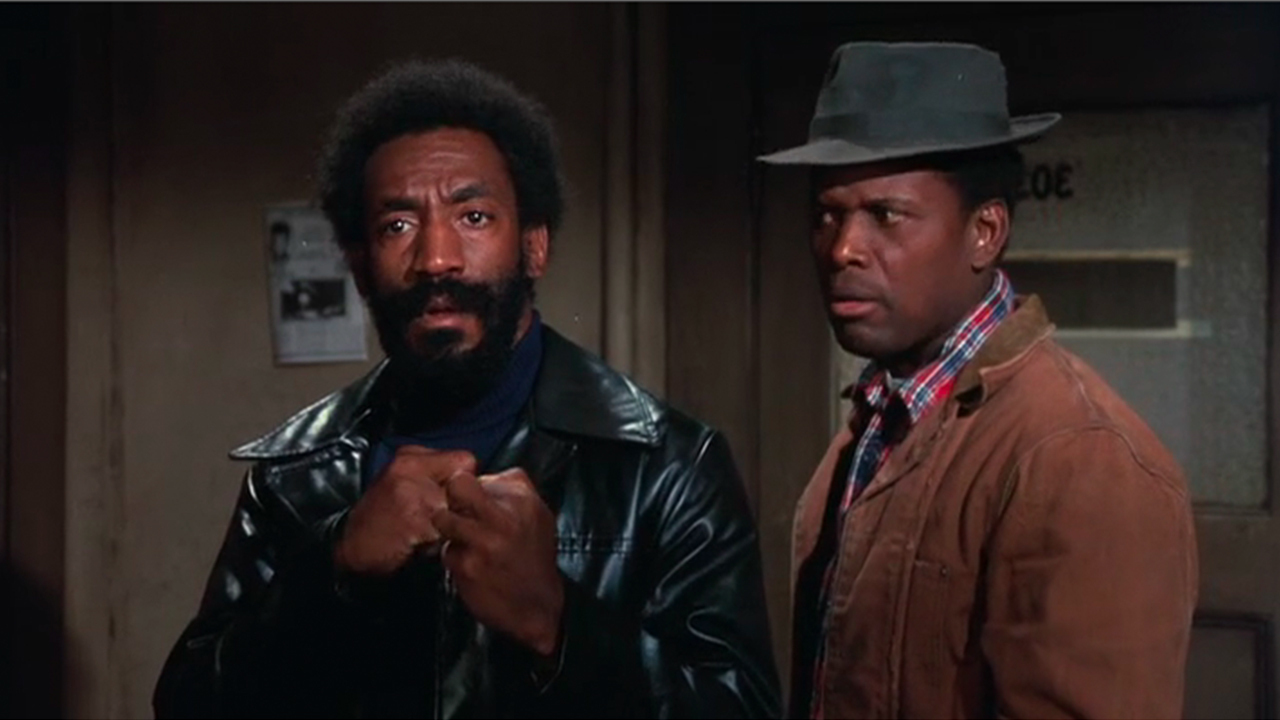
Uptown Saturday Night (1974)
In the film “Uptown Saturday Night,” Sidney Poitier and Bill Cosby take the lead roles. It’s hard to watch Cosby nowadays due to his recent actions. The movie is terrific, serving as a poignant reminder of how tragic it is that Cosby, who was once a remarkable individual, turned out to be such a disgraced person. For quite some time, he truly excelled in his performances.
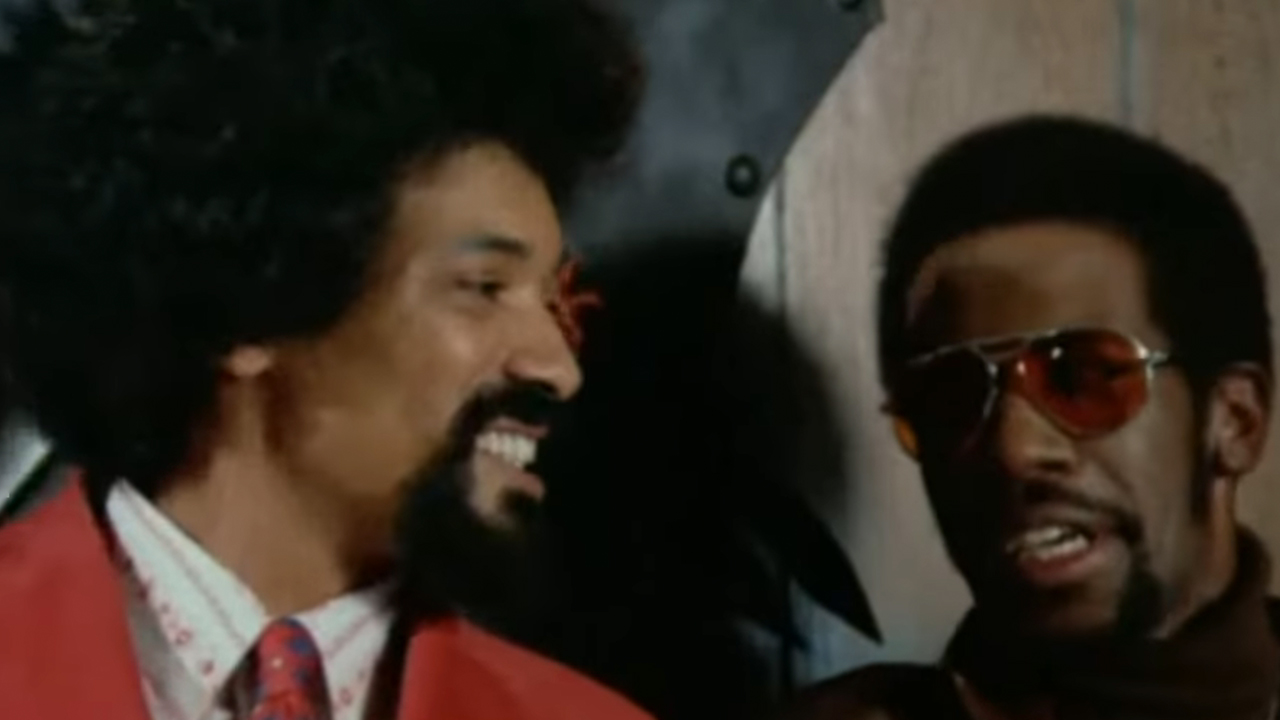
The Mack (1973)
Whenever Quentin Tarantino endorses a film by incorporating it into his screenplays, like he did with The Mack in True Romance, you can expect the movie to be either excellent or intriguing. Fortunately, The Mack manages to excel in both categories and serves as another instance of a Richard Pryor film that gained cult status over time, despite initially receiving poor reviews.
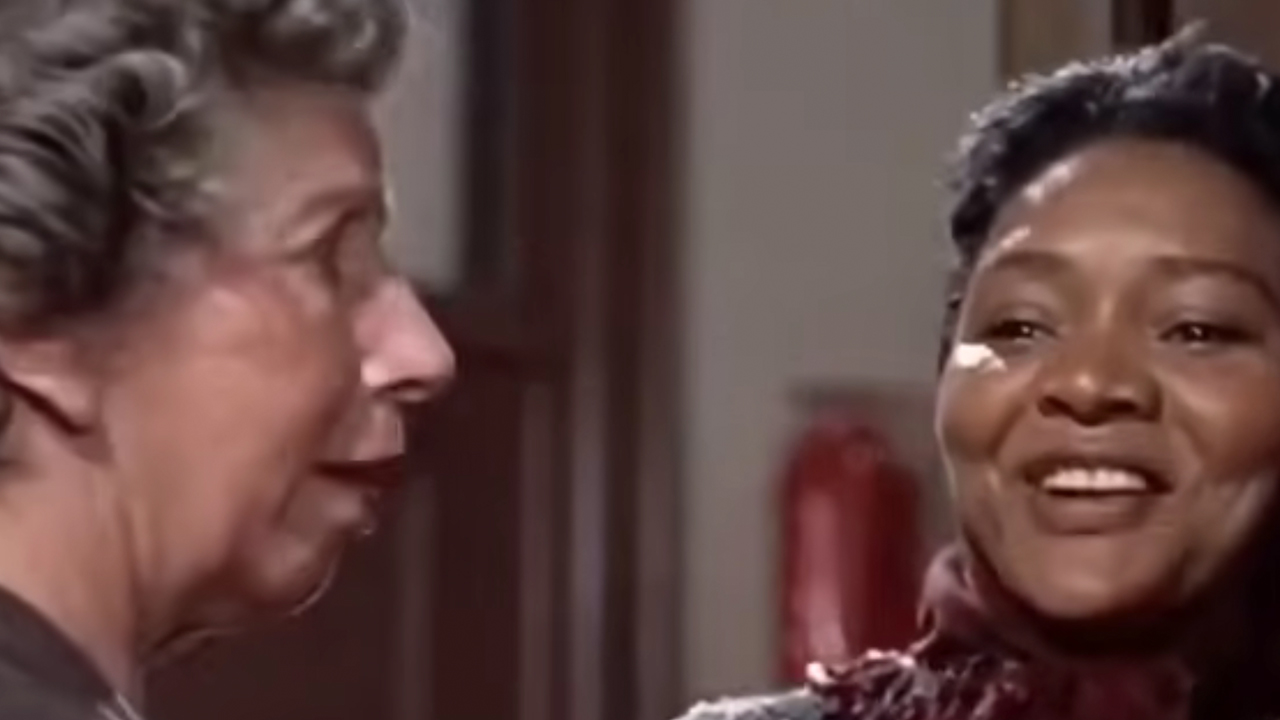
Imitation Of Life (1959)
1950s films aren’t typically known for directly tackling societal issues such as interracial relationships or other pressing matters that were starting to emerge among many white Americans. However, Imitation of Life stands out because it delves into several topics that weren’t commonly discussed back then. It’s remarkable in its approach to these subjects.
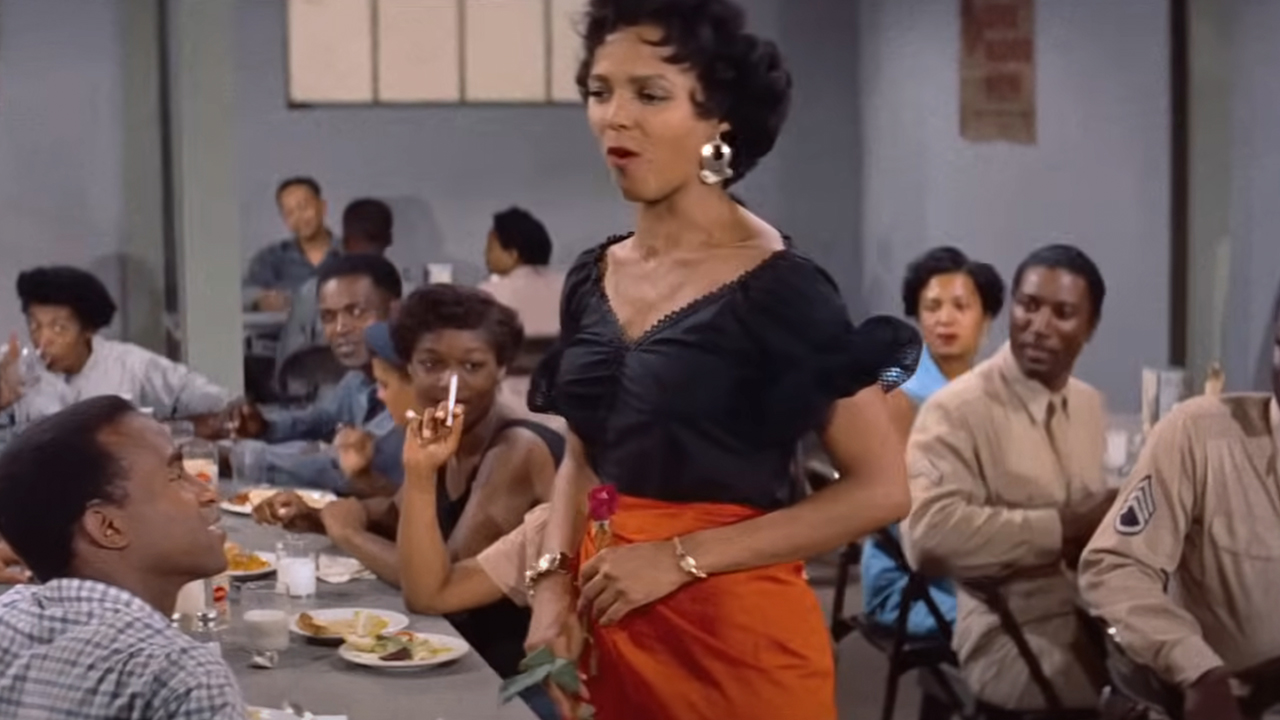
Carmen Jones (1954)
In this delightful musical adaptation of the opera “Carmen,” both Dorothy Dandridge and Harry Belafonte take center stage. At the peak of her acting prowess, Dandridge earned a much-acknowledged Oscar nomination – a well-deserved recognition. Similarly, the film’s score was also recognized with an Oscar nod.
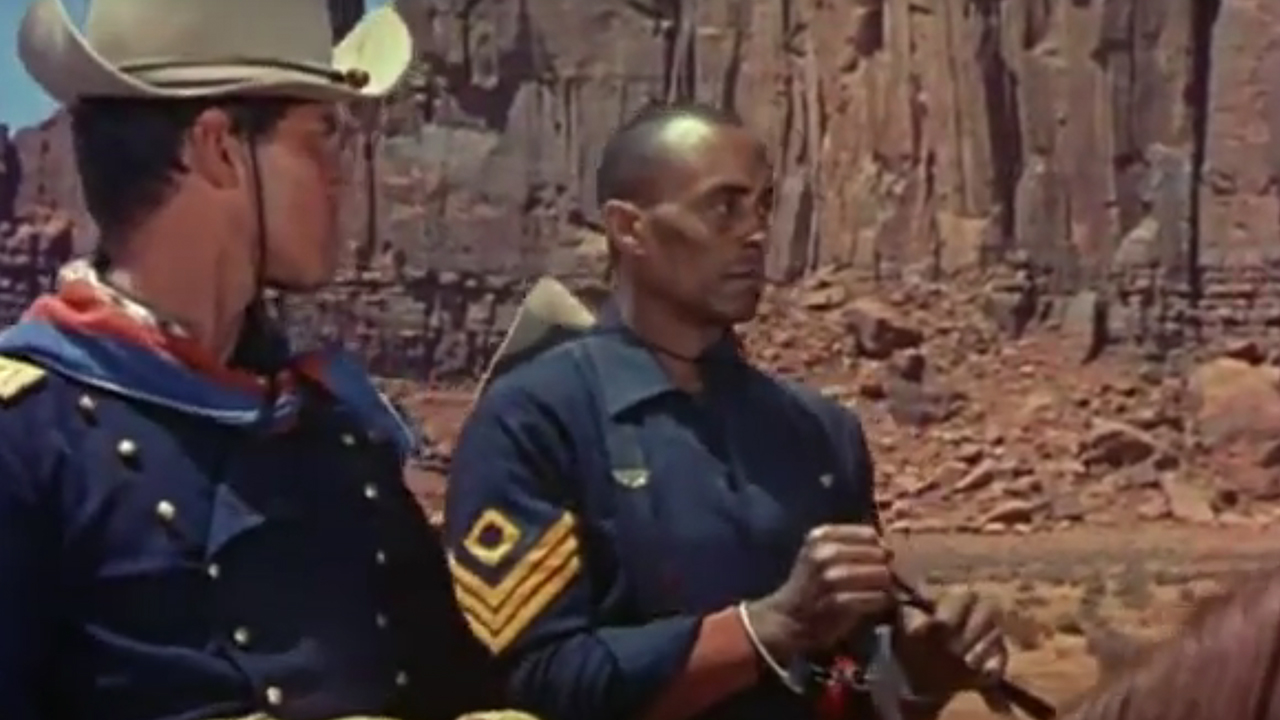
Sergeant Rutledge (1960)
A surprising film from that era that tackles racial issues head-on is “Sergeant Rutledge” from 1960. Watching it gives one a sense that the raw, unfiltered struggles of those times were not entirely erased or sanitized in mainstream media as we might mistakenly believe. The plot revolves around an all-white jury judging the fate of a Black man, and sadly, its themes resonate strikingly with today’s issues.
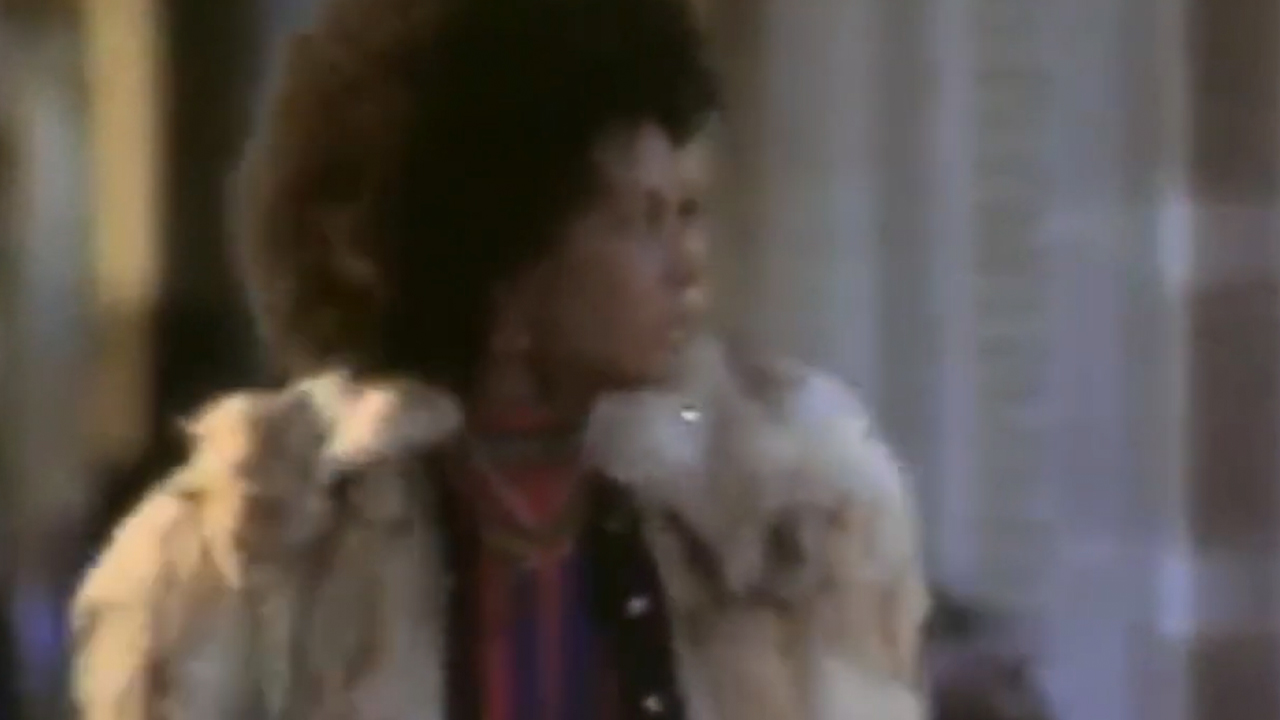
Cleopatra Jones (1974)
Without a doubt, “Cleopatra Jones” stands out as the most entertaining Blaxploitation film featuring a female protagonist. The captivating Tamara Dobson portrays the title role, and she’s every bit as compelling as any hero of the genre. It’s a laugh-out-loud comedy with thrilling action sequences, and it exudes an undeniable sense of style.
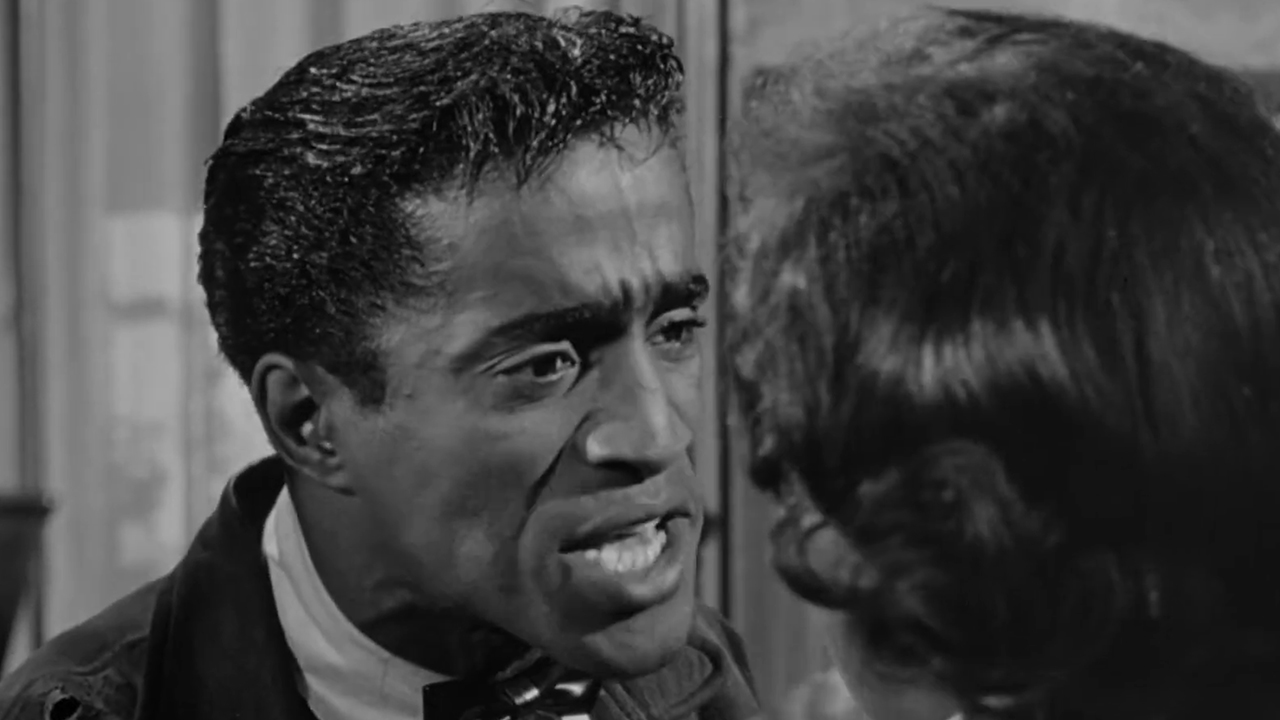
Anna Lucasta (1958)
The staging and marketing of “Anna Lucasta” were quite disorganized, to put it mildly. However, Sammy Davis Jr. and Eartha Kitt deliver remarkable performances, making it worthwhile to watch. Despite its poor performance at the box office initially, over time the film has received positive reappraisals.
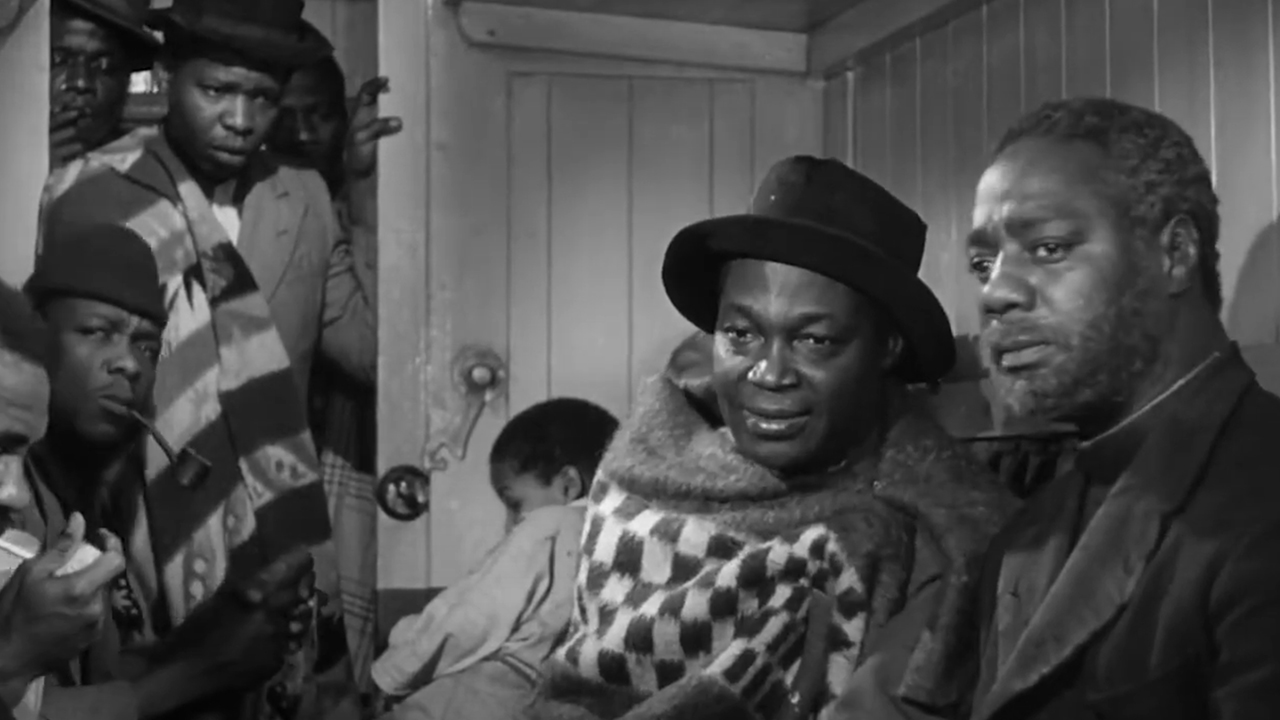
Cry, The Beloved Country (1951)
Undeniably, you should absolutely make time to watch “Cry, The Beloved Country.” Filmed on-site in Apartheid South Africa, this movie delivers a compelling narrative about the harsh realities of that period. It doesn’t shy away from the truth, and although it may not be an effortless view, it is undoubtedly crucial.
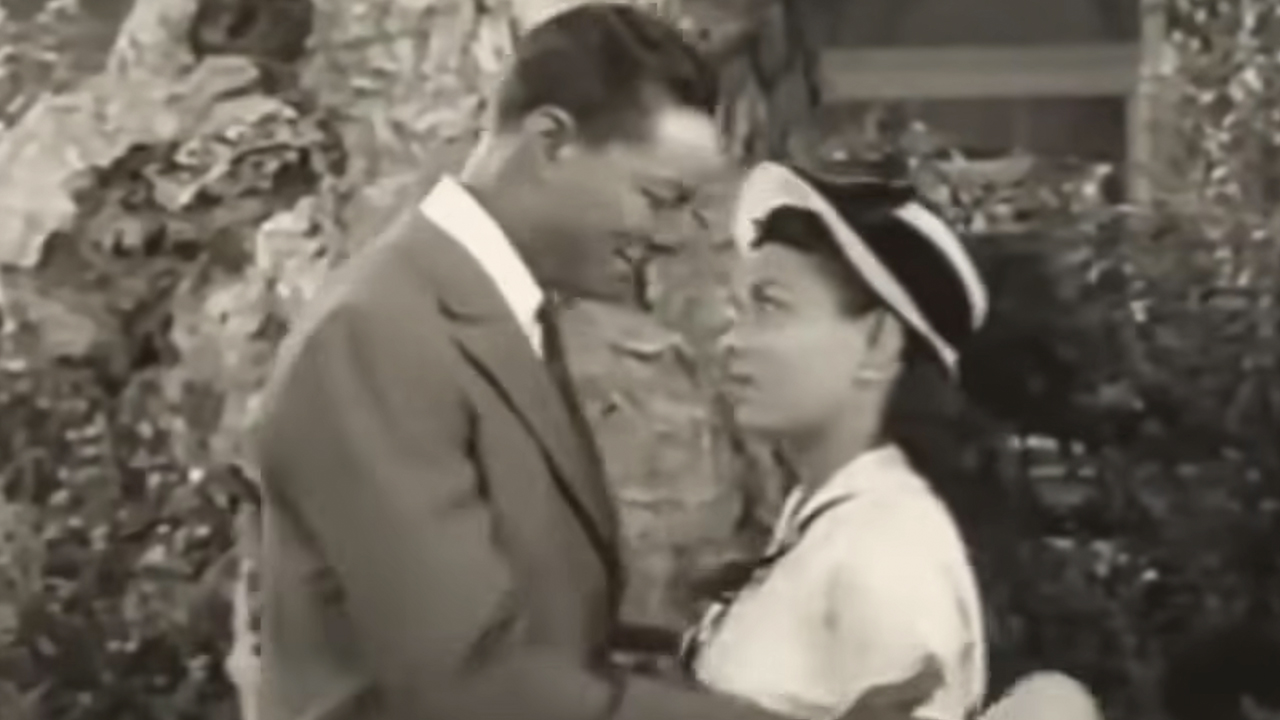
St. Louis Blues (1958)
Titled American original, Nat King Cole performs the works of another American icon, W.C. Handy. This musical production showcases some of jazz’s greatest legends honoring Handy. Among these stars are Nat King Cole, Eartha Kitt, Mahalia Jackson, Ruby Dee, Cab Calloway, Lee Young, and Ella Fitzgerald. The show also includes a young Billy Preston, who gained fame in the 1960s as a collaborator with The Rolling Stones and The Beatles, in a minor role, helping to link generations.
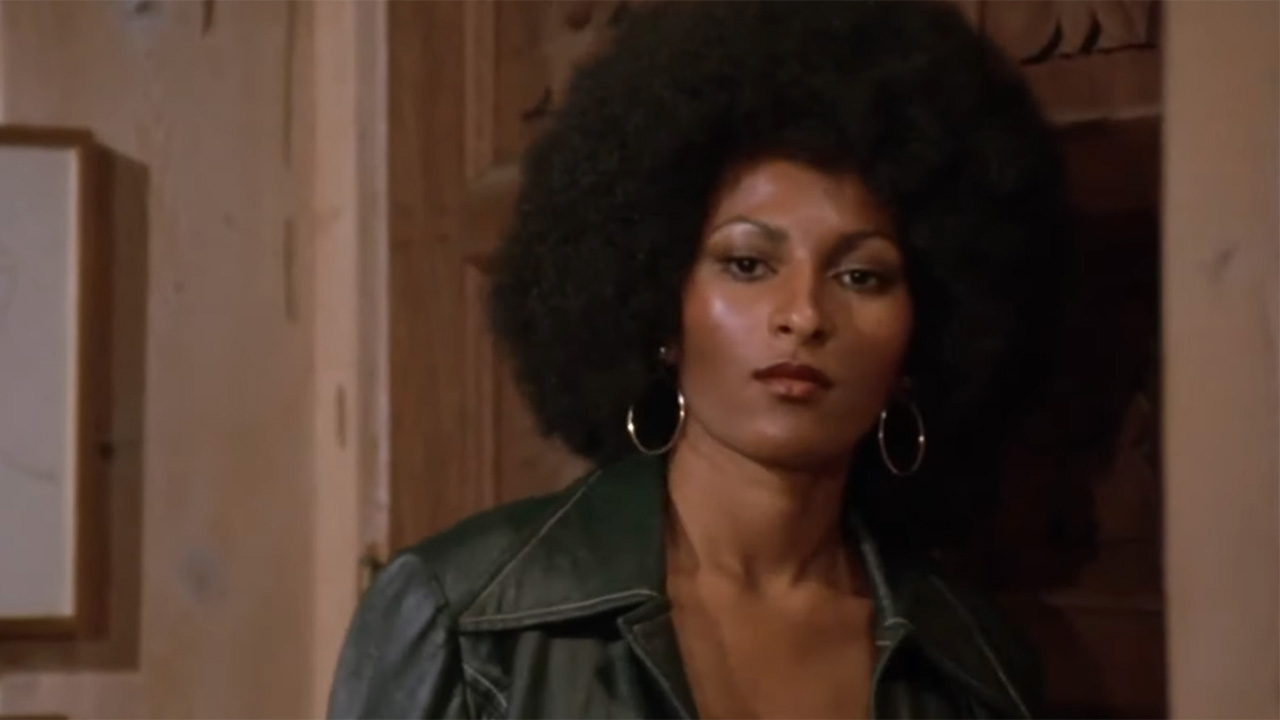
Foxy Brown (1974)
1970s Blaxploitation icon Pam Grier earned her status for good reason, and before her role as Jackie Brown in Quentin Tarantino’s film, her most recognized character was Foxy Brown. Titled after the character herself, the movie showcases everything you’d expect from a Blaxploitation flick: Grier exudes charm, embodies the perfect attitude, and plays an unapologetically tough protagonist – simply put, she’s a force to be reckoned with!
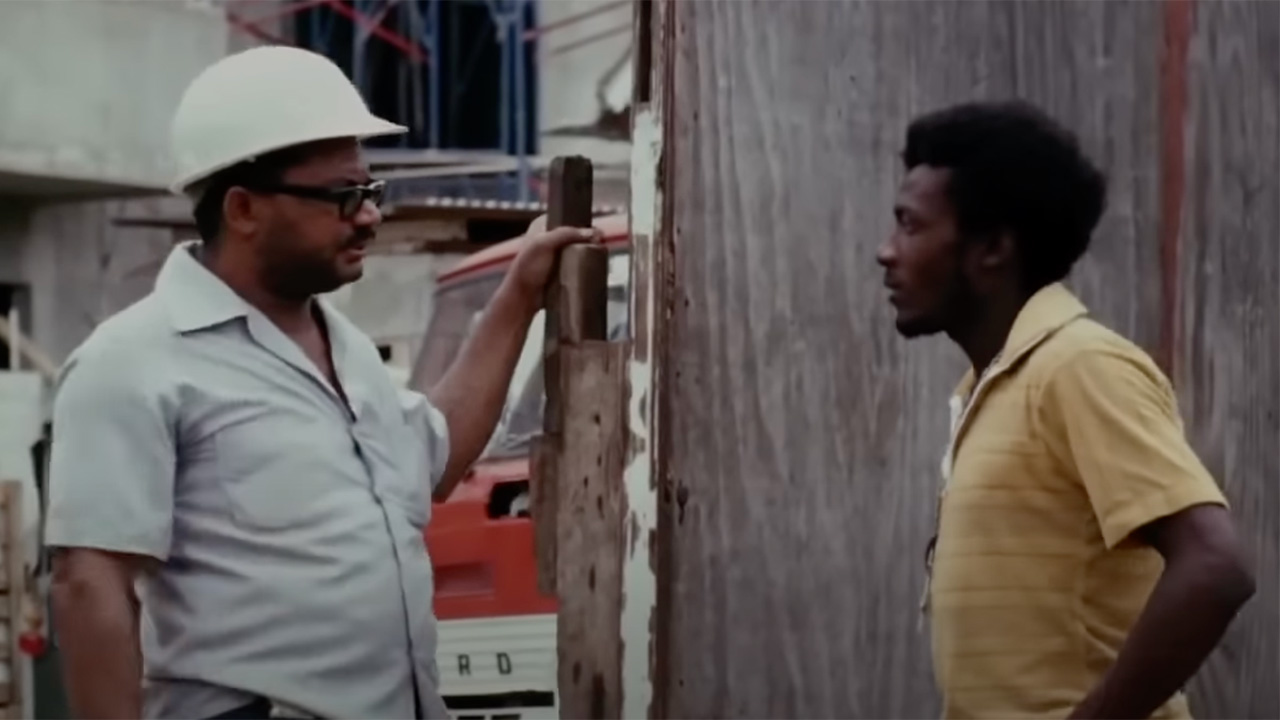
The Harder They Come (1972)
The Harder They Come stands out as a unique film compared to others on this list. Essentially, it’s a dramatic vehicle for a 1972-era musical of sorts, showcasing some exceptional early reggae music, predominantly by the movie’s lead actor, musician Jimmy Cliff. In essence, it was one of the pioneers in popularizing Reggae globally, even prior to Bob Marley achieving international stardom.
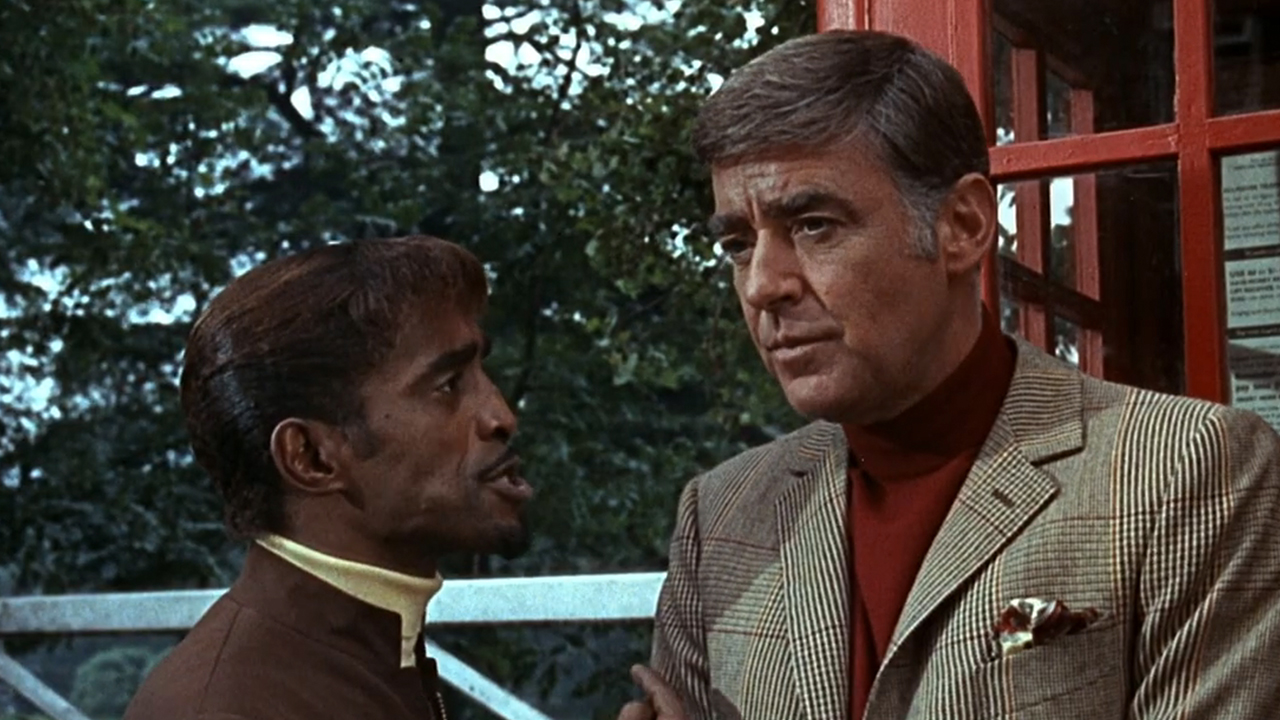
Salt And Pepper (1968)
The film “Salt and Pepper” is less about its plot and more a tribute to the Rat Pack, with Sammy Davis Jr. and Peter Lawford, both prominent members of this group, playing nightclub owners in the swinging London of the 1960s. It’s not so much about the content but more about the atmosphere, and at times, that’s all one wants.
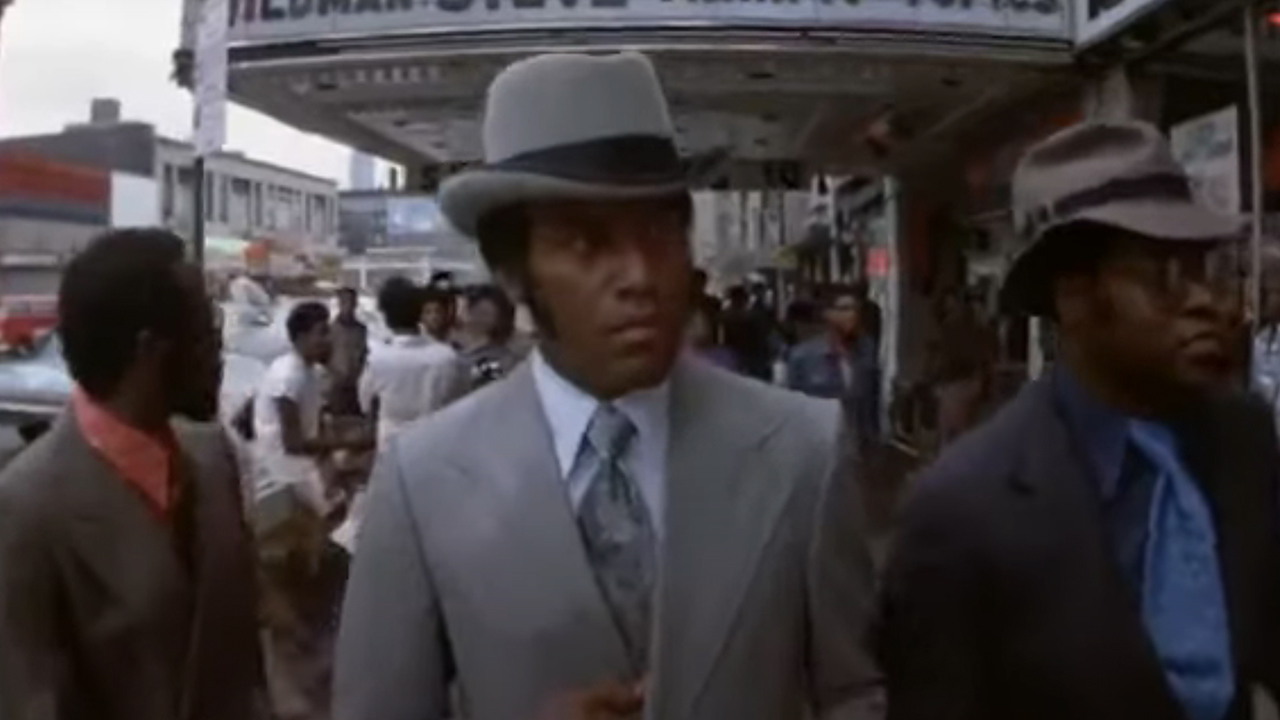
Black Caesar (1973)
To put it simply, what truly stands out about this film is undeniably its extraordinary soundtrack, particularly the contributions from James Brown, featuring the iconic track “The Boss.
Read More
- Forza Horizon 5 Update Available Now, Includes Several PS5-Specific Fixes
- Masters Toronto 2025: Everything You Need to Know
- ‘The budget card to beat right now’ — Radeon RX 9060 XT reviews are in, and it looks like a win for AMD
- We Loved Both of These Classic Sci-Fi Films (But They’re Pretty Much the Same Movie)
- Gold Rate Forecast
- Valorant Champions 2025: Paris Set to Host Esports’ Premier Event Across Two Iconic Venues
- Street Fighter 6 Game-Key Card on Switch 2 is Considered to be a Digital Copy by Capcom
- The Lowdown on Labubu: What to Know About the Viral Toy
- Karate Kid: Legends Hits Important Global Box Office Milestone, Showing Promise Despite 59% RT Score
- Eddie Murphy Reveals the Role That Defines His Hollywood Career
2025-05-01 06:41